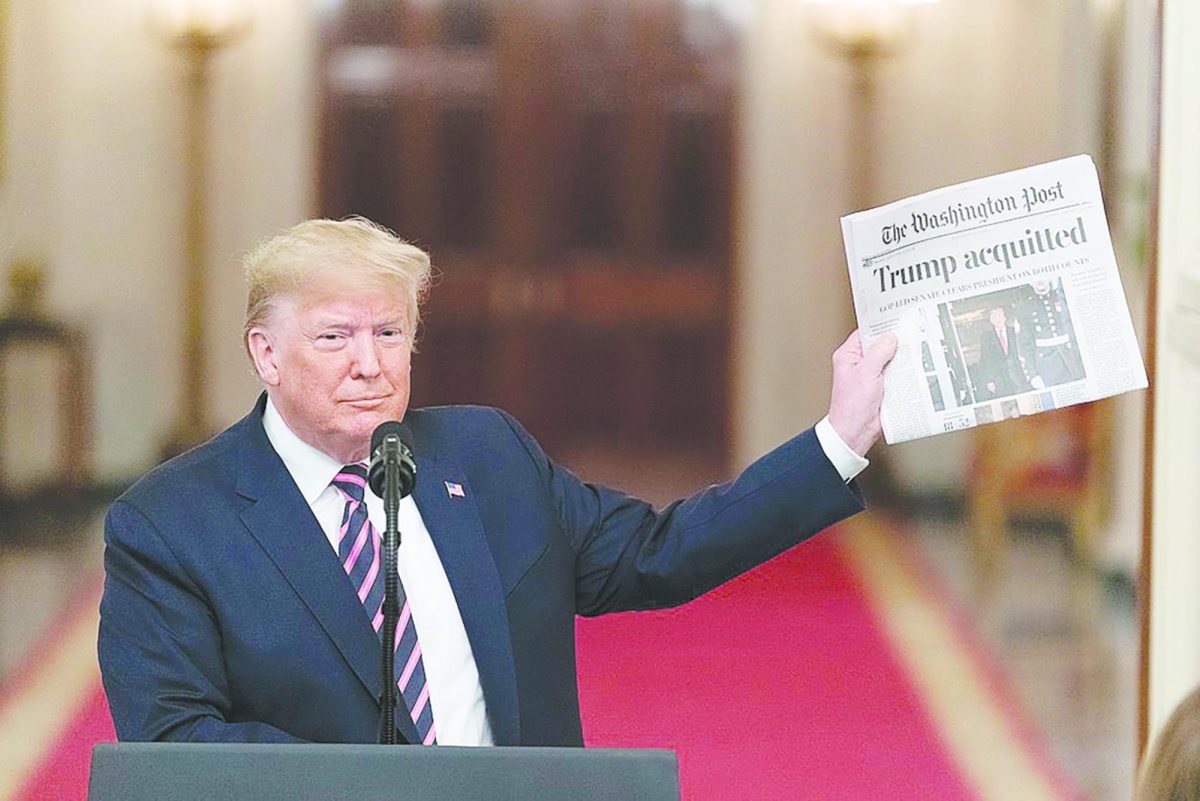On the 3rd of April, 2022, a man stepped on a stage in Las Vegas to announce the Grammy award for Album of the Year. There was a good selection of nominees; Donda by Kanye West, Evermore by Taylor Swift, Happier Than Ever by Billie Eilish, and Sour by Olivia Rodrigo. There had been much discourse already about which one would win- Sour was by a new, exciting artist, Donda was an introspective, interesting album by an artist that had won several times before, Evermore was maybe Swift’s best to date, and Happier Than Ever represented a new direction for Eilish’s career.
In the end, almost no one was correct. We Are by John Batiste;, a middling, forgettable RnB album that had been a complete financial disaster for the record label, peaking at 149 on the Billboard Top 200, won over several albums that had been huge cultural moments. How did this happen?
Simply put, the way they select a winner. The Grammy Committee is an opaque collection of producers, critics, record executives, and former winners. In 2020, former record executive Deborah Dugan accused the review committees of being corrupt- choosing personal favorites instead of those albums which are the most deserving. According to Rolling Stone, these committees often force artists through that were not in the top twenty selected by the voting body as a whole.
According to one insider, “It’s like baseball and steroids. If other people are taking them, I’m going to have to as well… it’s an insidious organization.” In 2020 the Committee reportedly allowed an artist to sit on a committee that was reviewing their own song. In 2021, the Grammys abolished the review committees, which is great, but from it another problem has emerged: experts in an individual genre no longer have any say in how that genre’s awards are given out. The Best Hip Hop album, for example, is now selected purely by the general committee, many of whom are not hip hop listeners. Whether this is a new problem is debatable; in 2014, the committee chose The Heist by Macklemore and Ryan Lewis, a now mostly forgotten pop-rap record by two white men, over Good Kid, m.A.A.d. City, which has in the intervening years cemented its place as a modern classic in the genre.
So it’s no wonder that an opaque committee of anonymous record executives would choose to give the award to a record they had spent a lot of money on that had flopped, in a Hail Mary effort to bump its sales, instead of awarding Best Album to a deserving record..
It didn’t work. The album briefly shot up in sales, but not enough to be remembered as anything other than “that album that won a Grammy it didn’t deserve.” This brings up another question; does any of this mean anything? Do the Grammys actually matter?
“I haven’t watched it. I think it can be rather fraudulent half the time, artists who won the popular vote not winning the awards.” says Finley Hamm, an 18 year old Senior.
Every year the Grammys ratings decline. Their cultural power is waning; whether it’s because of bad choices, or the bad choices are because of the ratings, is irrelevant. As are the Grammys.
























